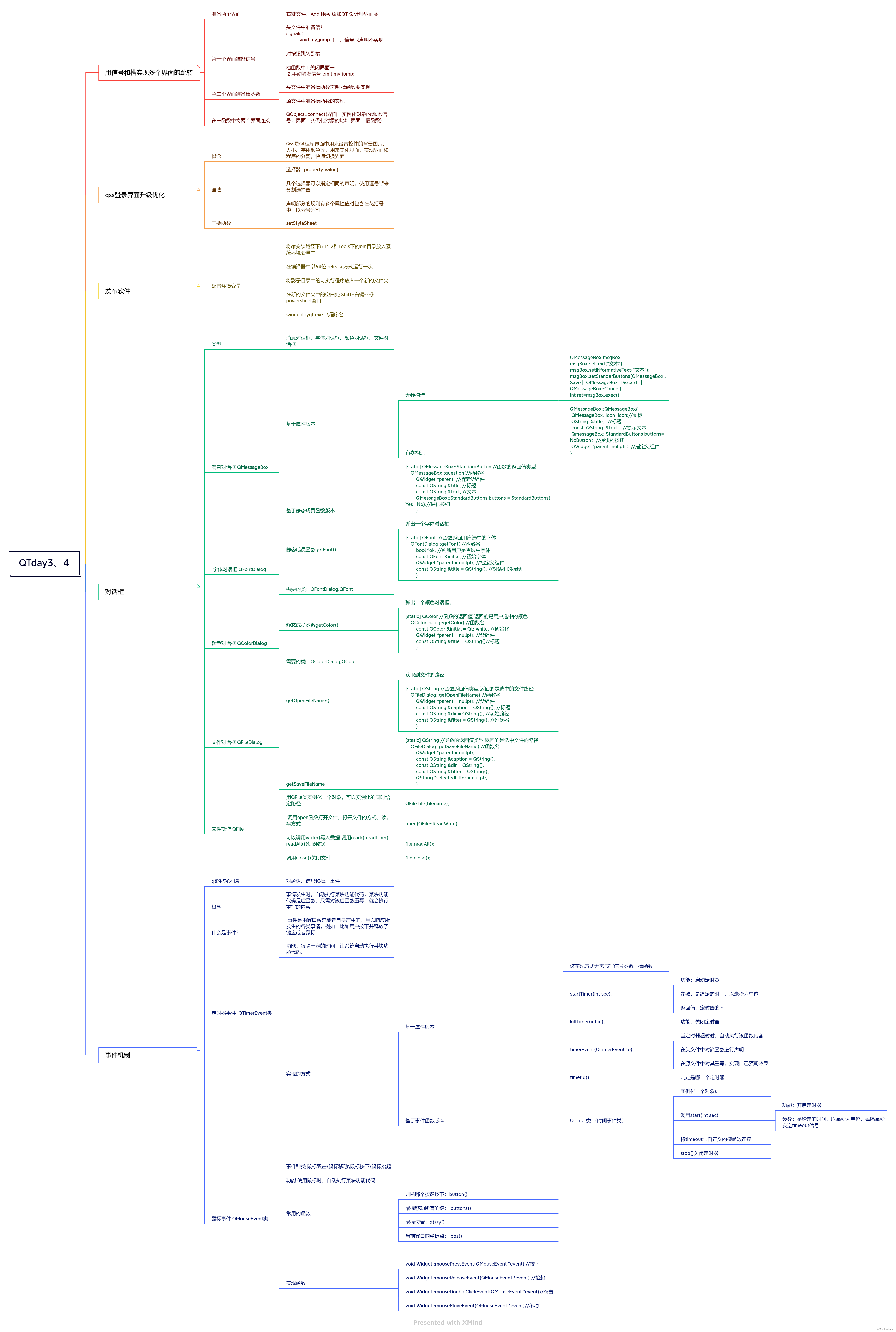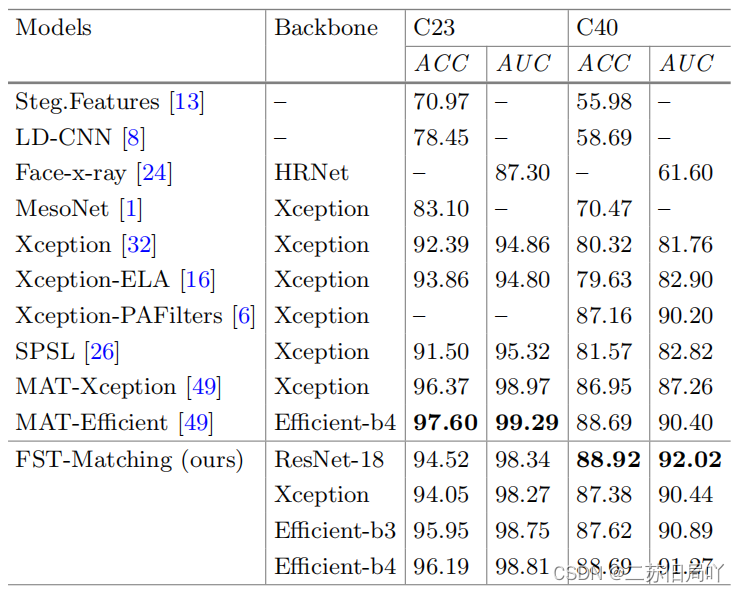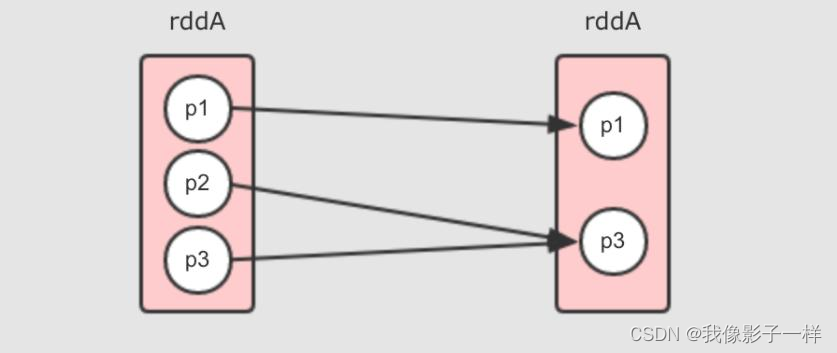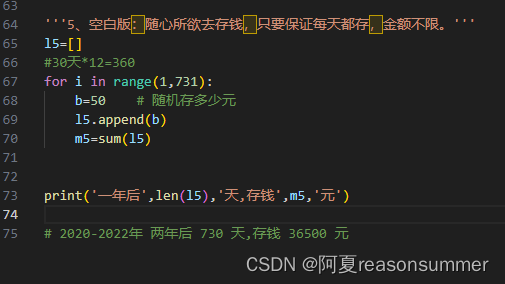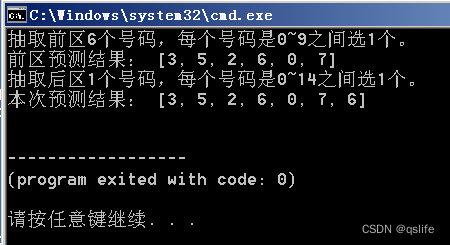实验2 哈夫曼编码(下)(图像编码)
实验简介: 本次实验为实验1:哈夫曼编码的后续补充,实验1见博客:实验一、哈夫曼编码【C语言实现】(上)
说明: 实验代码仅作为学习使用,欢迎转载、改进,禁止用于任何商业用途。
一、实验内容
“不同格式的压缩”:
1、问题: 使用画图软件或者其他工具进行一些简单的艺术创作(推荐使用三四种颜色,不要太多,尽量使用较大的分辨率(例如3840 x 2160)),分别将图片保存为 bmp 和 jpeg 格式,尝试使用你在必选模组实现的程序编码图片,对比地解释为什么文件体积会发生这种变化。类似地,尝试编码一个可执行文件(.exe格式),并尝试解释文件体积的变化。
2、C语言代码实现
整个项目分为以下5个源代码文件:
(1)pq.h
文件说明:优先队列头文件。
文件内容:
//pq.h:优先队列
#ifndef _PRIORITY_QUEUE_H
#define _PRIORITY_QUEUE_H
// =============KeyValue Struct 结构体:键值对=============
typedef struct key_value_struct KeyValue;
struct key_value_struct
{
int _key;
void *_value;
};
KeyValue *key_value_new(int key, void *value);
void key_value_free(KeyValue *kv, void (*freevalue)(void *));
// =============PriorityQueue Struct 结构体:优先队列=============
#define PRIORITY_MAX 1
#define PRIORITY_MIN 2
typedef struct priority_queue_struct PriorityQueue;
struct priority_queue_struct
{
KeyValue **_nodes;
int _size;
int _capacity;
int _priority;
};
// Some Declarations 相关声明
PriorityQueue *priority_queue_new(int priority);
void priority_queue_free(PriorityQueue *pq, void (*freevalue)(void *));
const KeyValue *priority_queue_top(PriorityQueue *pq);
KeyValue *priority_queue_dequeue(PriorityQueue *pq);
void priority_queue_enqueue(PriorityQueue *pq, KeyValue *kv);
int priority_queue_size(PriorityQueue *pq);
int priority_queue_empty(PriorityQueue *pq);
void priority_queue_print(PriorityQueue *pq);
#endif
(2)pq.c
文件说明:优先队列函数实现。
文件内容:
//pq.c
#include <stdio.h>
#include <stdlib.h>
#include <string.h>
#include "pq.h"
//Private Functions Declarations
static void priority_queue_realloc(PriorityQueue *pq);
static void priority_queue_adjust_head(PriorityQueue *pq);
static void priority_queue_adjust_tail(PriorityQueue *pq);
static int priority_queue_compare(PriorityQueue *pq, int pos1, int pos2);
static void priority_queue_swap(KeyValue **nodes, int pos1, int pos2);
//Functions of KeyValue Struct
// 键、值对结构之构造函数
KeyValue *key_value_new(int key, void *value)
{
KeyValue *pkv = (KeyValue *)malloc(sizeof(KeyValue));
pkv->_key = key;
pkv->_value = value;
return pkv;
}
// 释放键、值对结构之内存
void key_value_free(KeyValue *kv, void (*freevalue)(void *))
{
if(kv)
{
if(freevalue)
{
freevalue(kv->_value);
}
free(kv);
}
}
//Functions of PriorityQueue Struct
// 优先队列之构造函数
PriorityQueue *priority_queue_new(int priority)
{
PriorityQueue *pq = (PriorityQueue *)malloc(sizeof(PriorityQueue));
pq->_capacity = 11; //default initial value
pq->_size = 0;
pq->_priority = priority;
pq->_nodes = (KeyValue **)malloc(sizeof(KeyValue *) * pq->_capacity);
return pq;
}
// 释放优先队列之内存
void priority_queue_free(PriorityQueue *pq, void (*freevalue)(void *))
{
int i;
if(pq)
{
for(i = 0; i < pq->_size; ++i)
key_value_free(pq->_nodes[i], freevalue);
free(pq->_nodes);
free(pq);
}
}
// 取优先队列的队顶元素
const KeyValue *priority_queue_top(PriorityQueue *pq)
{
if(pq->_size > 0)
return pq->_nodes[0];
return NULL;
}
// 出个队
KeyValue *priority_queue_dequeue(PriorityQueue *pq)
{
KeyValue *pkv = NULL;
if(pq->_size > 0)
{
pkv = pq->_nodes[0];
priority_queue_adjust_head(pq);
}
return pkv;
}
// 入个队
void priority_queue_enqueue(PriorityQueue *pq, KeyValue *kv)
{
printf("add key:%d\n", kv->_key);
pq->_nodes[pq->_size] = kv;
priority_queue_adjust_tail(pq);
if(pq->_size >= pq->_capacity)
priority_queue_realloc(pq);
}
// 多大的队?
int priority_queue_size(PriorityQueue *pq)
{
return pq->_size;
}
// 空不空?
int priority_queue_empty(PriorityQueue *pq)
{
return pq->_size <= 0;
}
// 输出一下
void priority_queue_print(PriorityQueue *pq)
{
int i;
KeyValue *kv;
printf("data in the pq->_nodes\n");
for(i = 0; i < pq->_size; ++i)
printf("%d ", pq->_nodes[i]->_key);
printf("\n");
printf("dequeue all data\n");
while(!priority_queue_empty(pq))
{
kv = priority_queue_dequeue(pq);
printf("%d ", kv->_key);
}
printf("\n");
}
// 重新分配内存
static void priority_queue_realloc(PriorityQueue *pq)
{
pq->_capacity = pq->_capacity * 2;
pq->_nodes = realloc(pq->_nodes, sizeof(KeyValue *) * pq->_capacity);
}
// 头部略作调整
static void priority_queue_adjust_head(PriorityQueue *pq)
{
int i, j, parent, left, right;
i = 0, j = 0;
parent = left = right = 0;
priority_queue_swap(pq->_nodes, 0, pq->_size - 1);
pq->_size--;
while(i < (pq->_size - 1) / 2)
{
parent = i;
left = i * 2 + 1;
right = left + 1;
j = left;
if(priority_queue_compare(pq, left, right) > 0)
j++;
if(priority_queue_compare(pq, parent, j) > 0)
{
priority_queue_swap(pq->_nodes, i, j);
i = j;
}
else
break;
}
}
// 尾部略作调整
static void priority_queue_adjust_tail(PriorityQueue *pq)
{
int i, parent, child;
i = pq->_size - 1;
pq->_size++;
while(i > 0)
{
child = i;
parent = (child - 1) / 2;
if(priority_queue_compare(pq, parent, child) > 0)
{
priority_queue_swap(pq->_nodes, child, parent);
i = parent;
}
else
break;
}
}
// 比个大小
static int priority_queue_compare(PriorityQueue *pq, int pos1, int pos2)
{
int adjust = -1;
int r = pq->_nodes[pos1]->_key - pq->_nodes[pos2]->_key;
if(pq->_priority == PRIORITY_MAX)
r *= adjust;
return r;
}
// 交换2个优先队列
static void priority_queue_swap(KeyValue **nodes, int pos1, int pos2)
{
KeyValue *temp = nodes[pos1];
nodes[pos1] = nodes[pos2];
nodes[pos2] = temp;
}
(3)compress.h
文件说明:压缩函数相关头文件。
文件内容:
//compress.h
#ifndef _FILE_COMPRESSION_H
#define _FILE_COMPRESSION_H
//Huffman Tree Node 哈夫曼树结点结构
typedef struct HaffumanTreeNode HTN;
struct HaffumanTreeNode
{
char _ch; //character
int _count; //frequency
struct HaffumanTreeNode *_left; //left child
struct HaffumanTreeNode *_right;//right child
};
//FileCompress Struct 文件压缩结构
#define BITS_PER_CHAR 8 //the number of bits in a char
#define MAX_CHARS 256 //the max number of chars
#define FILE_BUF_SIZE 8192 //the size of Buffer for FILE I/O
typedef struct FileCompressStruct FCS;
struct FileCompressStruct
{
HTN *_haffuman; //A pointer to the root of hafumman tree
unsigned int _charsCount; //To store the number of chars
unsigned int _total; //Total bytes in a file.
char *_dictionary[MAX_CHARS]; //to store the encoding of each character
int _statistic[MAX_CHARS]; //To store the number of each character
};
// Function Prototypes 函数原型
FCS *fcs_new();
void fcs_compress(FCS *fcs, const char *inFileName, const char *outFileName);
void fcs_decompress(FCS *fcs, const char *inFileName, const char *outFileName);
void fcs_free(FCS *fcs);
#endif
(4)compress.c
文件说明:压缩相关的函数实现。
文件内容:
//compress.c
#include <stdio.h>
#include <string.h>
#include <stdlib.h>
#include "compress.h"
#include "pq.h"
// 掩码
static const unsigned char mask[8] =
{
0x80, /* 10000000 */
0x40, /* 01000000 */
0x20, /* 00100000 */
0x10, /* 00010000 */
0x08, /* 00001000 */
0x04, /* 00000100 */
0x02, /* 00000010 */
0x01 /* 00000001 */
};
//static functions of HTN 哈夫曼树结点相关函数
// 构造函数
static HTN *htn_new(char ch, int count)
{
HTN *htn = (HTN *)malloc(sizeof(HTN));
htn->_left = NULL;
htn->_right = NULL;
htn->_ch = ch;
htn->_count = count;
return htn;
}
// 递归打印函数
static void htn_print_recursive(HTN *htn, int depth)
{
int i;
if(htn)
{
for(i = 0; i < depth; ++i)
printf(" ");
printf("%d:%d\n", htn->_ch, htn->_count);
htn_print_recursive(htn->_left, depth + 1);
htn_print_recursive(htn->_right, depth + 1);
}
}
// 遍历整棵树
static void htn_print(HTN *htn)
{
htn_print_recursive(htn, 0);
}
// 释放树的内存
static void htn_free(HTN *htn)
{
if(htn)
{
htn_free(htn->_left);
htn_free(htn->_right);
free(htn);
}
}
//static functions of FCS 文件压缩相关函数
static void fcs_generate_statistic(FCS *fcs, const char *inFileName)
{
int ret, i;
unsigned char buf[FILE_BUF_SIZE];
FILE *pf = fopen(inFileName, "rb");
if(!pf)
{
fprintf(stderr, "can't open file:%s\n", inFileName);
return;
}
while((ret = fread(buf, 1, FILE_BUF_SIZE, pf)) > 0)
{
fcs->_total += ret;
for(i = 0; i < ret; ++i)
{
if(fcs->_statistic[buf[i]] == 0)
fcs->_charsCount++;
fcs->_statistic[buf[i]]++;
}
}
fclose(pf);
}
static void fcs_create_haffuman_tree(FCS *fcs)
{
int i, count;
HTN *htn, *parent, *left, *right;
KeyValue *kv, *kv1, *kv2;
PriorityQueue *pq;
pq = priority_queue_new(PRIORITY_MIN);
for(i = 0; i < MAX_CHARS; ++i)
{
if(fcs->_statistic[i])
{
htn = htn_new((char)i, fcs->_statistic[i]);
kv = key_value_new(fcs->_statistic[i], htn);
priority_queue_enqueue(pq, kv);
}
}
//fprintf(stdout, "the number of haffuman leaf is %d\n", priority_queue_size(pq));
while(!priority_queue_empty(pq))
{
//fprintf(stdout, "priority queue size:%d\n", priority_queue_size(pq));
kv1 = priority_queue_dequeue(pq);
kv2 = priority_queue_dequeue(pq);
if(kv2 == NULL)
{
fcs->_haffuman = kv1->_value;
key_value_free(kv1, NULL);
}
else
{
left = (HTN *)kv1->_value;
right = (HTN *)kv2->_value;
count = left->_count + right->_count;
key_value_free(kv1, NULL);
key_value_free(kv2, NULL);
parent = htn_new(0, count);
parent->_left = left;
parent->_right = right;
kv = key_value_new(count, parent);
priority_queue_enqueue(pq, kv);
}
}
priority_queue_free(pq, NULL);
//htn_print(fcs->_haffuman);
}
static void fcs_generate_dictionary_recursively(HTN *htn, char *dictionary[], char path[], int depth)
{
char *code = NULL;
if(htn)
{
if(htn->_left == NULL && htn->_right == NULL)
{
code = (char *)malloc(sizeof(char) * (depth + 1));
memset(code, 0, sizeof(char) * (depth + 1));
memcpy(code, path, depth);
dictionary[(unsigned char)htn->_ch] = code;
}
if(htn->_left)
{
path[depth] = '0';
fcs_generate_dictionary_recursively(htn->_left, dictionary, path, depth + 1);
}
if(htn->_right)
{
path[depth] = '1';
fcs_generate_dictionary_recursively(htn->_right, dictionary, path, depth + 1);
}
}
}
static void fcs_generate_dictionary(FCS *fcs)
{
char path[32];
fcs_generate_dictionary_recursively(fcs->_haffuman, fcs->_dictionary, path, 0);
//fcs_print_dictionary(fcs);
}
static void fcs_print_dictionary(FCS *fcs)
{
int i;
for(i = 0; i < MAX_CHARS; ++i)
if(fcs->_dictionary[i] != NULL)
fprintf(stdout, "%d:%s\n", i, fcs->_dictionary[i]);
}
static void fcs_write_statistic(FCS *fcs, FILE *pf)
{
int i;
fprintf(pf, "%d\n", fcs->_charsCount);
for(i = 0; i < MAX_CHARS; ++i)
if(fcs->_statistic[i] != 0)
fprintf(pf, "%d %d\n", i, fcs->_statistic[i]);
}
// 文件压缩
static void fcs_do_compress(FCS *fcs, const char *inFileName, const char* outFileName)
{
int i, j, ret;
char *dictEntry, len;
unsigned int bytes;
char bitBuf;
int bitPos;
unsigned char inBuf[FILE_BUF_SIZE];
FILE *pfIn, *pfOut;
pfIn = fopen(inFileName, "rb");
if(!pfIn)
{
fprintf(stderr, "can't open file:%s\n", inFileName);
return;
}
pfOut = fopen(outFileName, "wb");
if(!pfOut)
{
fclose(pfIn);
fprintf(stderr, "can't open file:%s\n", outFileName);
return;
}
fcs_write_statistic(fcs, pfOut);
bitBuf = 0x00;
bitPos = 0;
bytes = 0;
while((ret = fread(inBuf, 1, FILE_BUF_SIZE, pfIn)) > 0)
{
for(i = 0; i < ret; ++i)
{
len = strlen(fcs->_dictionary[inBuf[i]]);
dictEntry = fcs->_dictionary[inBuf[i]];
//printf("%s\n", dictEntry);
for(j = 0; j < len; ++j)
{
if(dictEntry[j] == '1')
{
bitBuf |= mask[bitPos++];
}
else
{
bitPos++;
}
if(bitPos == BITS_PER_CHAR)
{
fwrite(&bitBuf, 1, sizeof(bitBuf), pfOut);
bitBuf = 0x00;
bitPos = 0;
bytes++;
}
}
}
}
if(bitPos != 0)
{
fwrite(&bitBuf, 1, sizeof(bitBuf), pfOut);
bytes++;
}
fclose(pfIn);
fclose(pfOut);
printf("The compression ratio is:%f%%\n",
(fcs->_total - bytes) * 100.0 / fcs->_total);
}
static void fcs_read_statistic(FCS *fcs, FILE *pf)
{
int i, charsCount = 0;
int ch;
int num;
fscanf(pf, "%d\n", &charsCount);
fcs->_charsCount = charsCount;
for(i = 0; i < charsCount; ++i)
{
fscanf(pf, "%d %d\n", &ch, &num);
fcs->_statistic[(unsigned int)ch] = num;
fcs->_total += num;
}
}
// 文件解压缩
static void fcs_do_decompress(FCS *fcs, FILE *pfIn, const char *outFileName)
{
int i, j, ret;
unsigned char ch;
HTN *htn;
unsigned char buf[FILE_BUF_SIZE];
unsigned char bitCode;
int bitPos;
FILE *pfOut;
pfOut = fopen(outFileName, "wb");
if(!pfOut)
{
fprintf(stderr, "can't open file:%s\n", outFileName);
return;
}
htn = fcs->_haffuman;
bitCode = 0x00;
bitPos = 0;
while((ret = fread(buf, 1, FILE_BUF_SIZE, pfIn)) > 0)
{
for(i = 0; i < ret; ++i)
{
ch = buf[i];
for(j = 0; j < BITS_PER_CHAR; ++j)
{
if(ch & mask[j])
{
htn = htn->_right;
}
else
{
htn = htn->_left;
}
if(htn->_left == NULL && htn->_right == NULL) //leaf
{
if(fcs->_total > 0)
{
fwrite(&htn->_ch, 1, sizeof(char), pfOut);
fcs->_total--;
}
htn = fcs->_haffuman;
}
}
}
}
fclose(pfOut);
}
//FCS functions
FCS *fcs_new()
{
FCS *fcs = (FCS *)malloc(sizeof(FCS));
fcs->_charsCount = 0;
fcs->_total = 0;
memset(fcs->_statistic, 0, sizeof(fcs->_statistic));
memset(fcs->_dictionary, 0, sizeof(fcs->_dictionary));
fcs->_haffuman = NULL;
return fcs;
}
void fcs_free(FCS *fcs)
{
int i;
if(fcs)
{
if(fcs->_haffuman)
htn_free(fcs->_haffuman);
for(i = 0; i < MAX_CHARS; ++i)
free(fcs->_dictionary[i]);
free(fcs);
}
}
void fcs_compress(FCS *fcs, const char *inFileName, const char *outFileName)
{
fprintf(stdout, "To compress file: %s ...\n", inFileName);
fcs_generate_statistic(fcs, inFileName);
fcs_create_haffuman_tree(fcs);
fcs_generate_dictionary(fcs);
fcs_do_compress(fcs, inFileName, outFileName);
fprintf(stdout, "The compressed data of file: %s stored at %s!\n",
inFileName, outFileName);
}
void fcs_decompress(FCS *fcs, const char *inFileName, const char *outFileName)
{
FILE *pfIn;
fprintf(stdout, "To decompress file: %s ...\n", inFileName);
pfIn= fopen(inFileName, "rb");
if(!pfIn)
{
fprintf(stderr, "can't open file: %s\n", inFileName);
return ;
}
fcs_read_statistic(fcs, pfIn);
fcs_create_haffuman_tree(fcs);
fcs_generate_dictionary(fcs);
fcs_do_decompress(fcs, pfIn, outFileName);
fclose(pfIn);
fprintf(stdout, "The decompressed data of file: %s stored at %s\n",
inFileName, outFileName);
}
(5)main.c
文件说明: 自定义了压缩后的文件后缀名:.hfm(哈夫曼Huffman的简写)
文件内容:
//main.c
#include <stdlib.h>
#include "compress.h"
// 常量定义
const int DO_COMPRESS = 1;
const int DO_DECOMPRESS = 1;
const char *InFile = "tree.jpg"; //The file to compress 要压缩的文件
const char *CompressedFile = "tree.hfm"; //Compressed data of the file 压缩后的文件
const char *OutFile = "tree_decompressed.jpg"; //The decompressed file of the data 解压缩后的文件
// 主函数
int main(int argc, char **argv)
{
//1. compress file 对文件进行压缩
if(DO_COMPRESS)
{
FCS *fcs1;
fcs1 = fcs_new();
fcs_compress(fcs1, InFile, CompressedFile);
fcs_free(fcs1);
}
//2. decompress file 对压缩后的文件进行解压缩
if(DO_DECOMPRESS)
{
FCS *fcs2;
fcs2 = fcs_new();
fcs_decompress(fcs2, CompressedFile, OutFile);
fcs_free(fcs2);
}
system("pause");
return 0;
}
3、图片压缩测试
(1)、测试文件1:tree.jpg
文件说明:手绘的简笔画,内容为一棵树,格式为 .jpg。
main.c中输入的相关字段:
const char *InFile = "tree.jpg"; //The file to compress 要压缩的文件
const char *CompressedFile = "tree.hfm"; //Compressed data of the file 压缩后的文件
const char *OutFile = "tree_decompressed.jpg"; //The decompressed file of the data 解压缩后的文件
运行时截图:
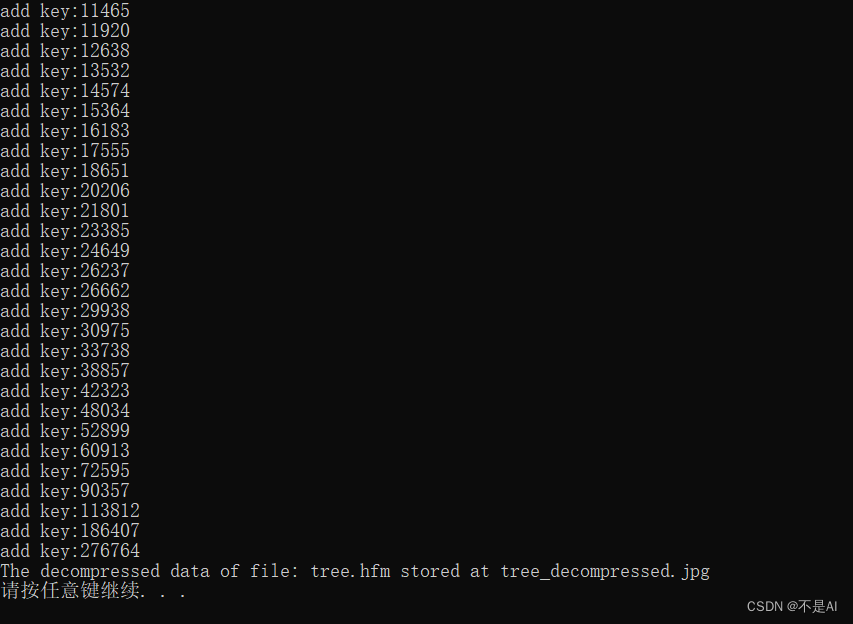
压缩前的文件大小:276,764字节
压缩后的文件大小:242,500字节
压缩导致改变的百分比:约12.4%
(2)、测试文件2:plane.bmp
文件说明:手绘的简笔画,内容为一架飞机,格式为 .bmp。
main.c中输入的相关字段:
const char *InFile = "plane.bmp"; //The file to compress 要压缩的文件
const char *CompressedFile = "plane.hfm"; //Compressed data of the file 压缩后的文件
const char *OutFile = "plane_decompressed.bmp"; //The decompressed file of the data 解压缩后的文件
运行时截图:
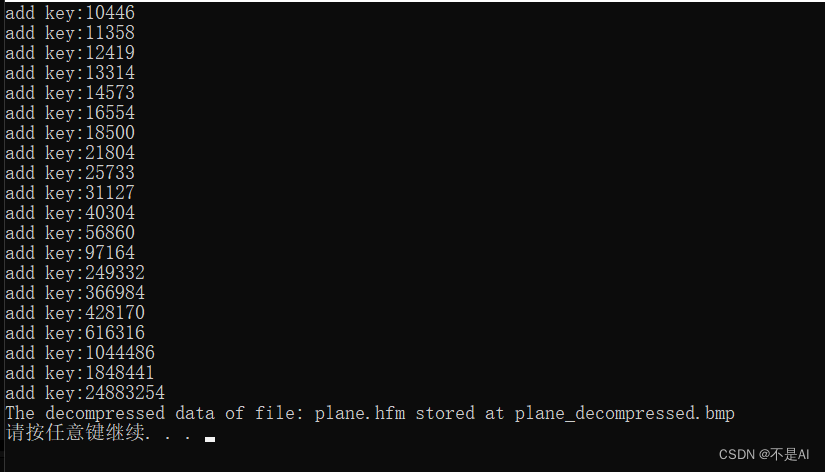
压缩前的文件大小:24,883,254字节
压缩后的文件大小:3,775,181字节
压缩导致改变的百分比:约84.8%
4、可执行文件压缩测试
(1)、测试文件1:test.exe
文件说明:某一C语言源程序编译生成的可执行文件,格式为 .exe。
main.c中输入的相关字段:
const char *InFile = "test.exe"; //The file to compress 要压缩的文件
const char *CompressedFile = "test.hfm"; //Compressed data of the file 压缩后的文件
const char *OutFile = "test_decompressed.exe"; //The decompressed file of the data 解压缩后的文件
运行时截图:
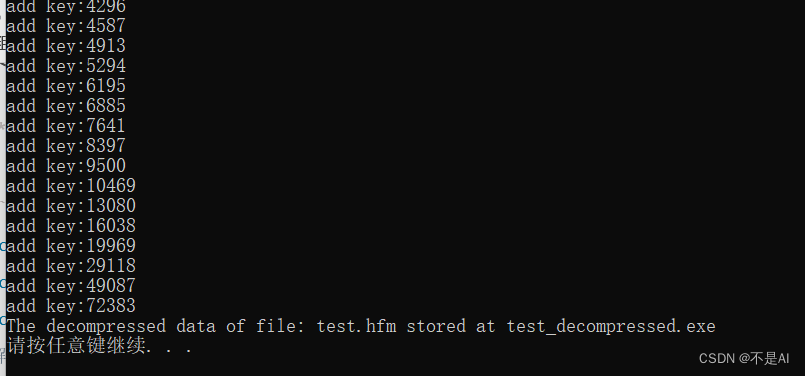
压缩前的文件大小:72,383字节
压缩后的文件大小:49,895字节
压缩导致改变的百分比:约31.1%
(2)、测试文件2:bfv.exe
文件说明:主机游戏《战地风云5》的可执行文件,格式为 .exe。
main.c中输入的相关字段:
const char *InFile = "bfv.exe"; //The file to compress 要压缩的文件
const char *CompressedFile = "bfv.hfm"; //Compressed data of the file 压缩后的文件
const char *OutFile = "bfv_decompressed.exe"; //The decompressed file of the data 解压缩后的文件
运行时截图:

压缩前的文件大小:238,028,800字节
压缩后的文件大小:45,326,336字节
压缩导致改变的百分比:约81.0%
问题: 在待压缩文件体积过大时,解压缩时可能会出现问题。具体原因仍在研究当中。
至此,本次实验结束。



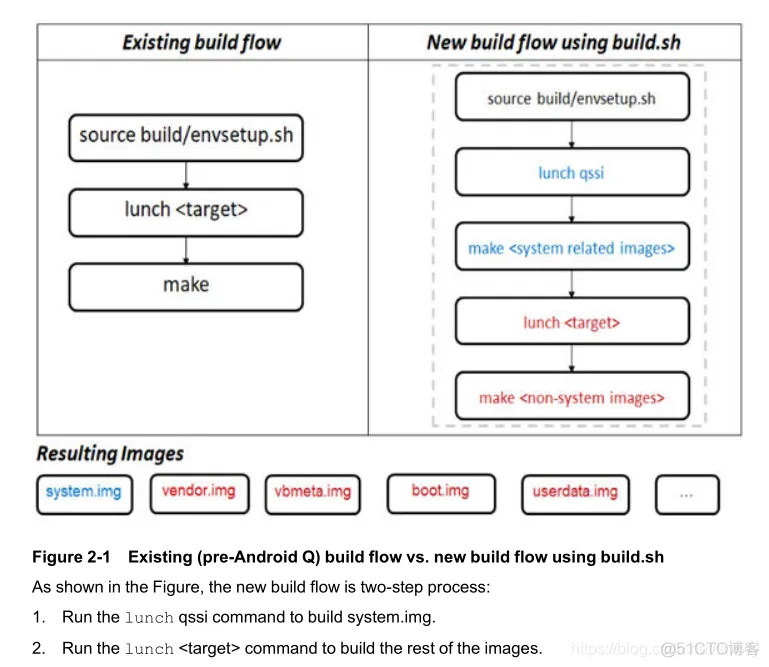



![合并 K 个升序链表[困难]](https://img-blog.csdnimg.cn/direct/9fa0195b3eda492ba0c53b7de239381b.png)


